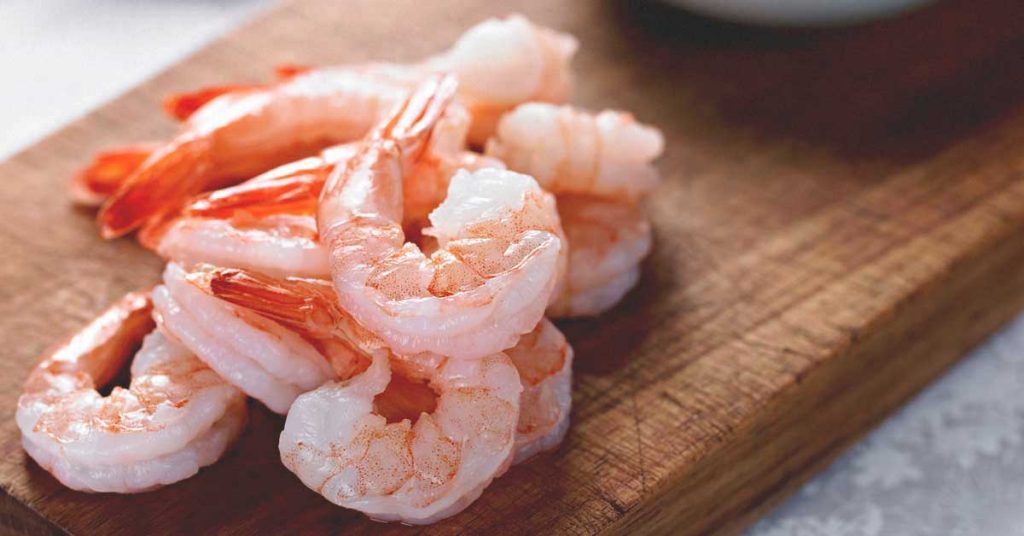Some respiratory allergies are incredibly challenging to live with and hard to cure. However, a great food routine that is healthy as well as conscious can have a massive impact on the extent to which the allergies arise and how much it can affect your body.
Winter is generally the most common period where hypersensitivities emerge, and it might be more challenging for asthmatics considering they are more susceptible to their allergic responses than others.
While there is no particular eating regimen a person with respiratory allergies needs to follow, there are nourishments that they are exhorted against, as these may prompt exacerbation or lead to a reemerging of manifestations like wheezing, breathlessness and great trouble in sleeping.
When your body comes in contact with a food allergen, your immune system overworks and produces a chemical called histamine. The arrival of this concoction can cause the side effects of an unfavourably susceptible response in asthma persistent, prompting an asthma attack. The signs and side effects of the allergens influencing your body can last from a few minutes to around two days. Each individual responds to different food items in an unexpected way, and there are a few food items that can trigger a respiratory infection and allergy, particularly during chilly climates
Here are a few foods that a person with respiratory allergies should evade:
Citrus Fruits
The pulp present in citrus fruits like oranges, lemon, etc. has an adverse effect on the respiratory system. However, vitamin C is excellent for those with asthma and is unfortunately abundant in citrus fruits. However, you could look for alternatives to get your daily dose of vitamin c.
Dried natural product
Numerous sorts of dried natural products (like dry fruits) incorporate sulfites, which are additives intended to loosen up the period of usability of the food—and one of the most hazardous added substances in nourishments for some individuals with asthma. Peruse the bundle for words like “potassium bisulfite” and “sodium sulfite” to decide whether those dried cherries or apricots may trigger an asthma flare.
Wine or brew

Numerous sorts of wine and brew additionally contain those annoying sulfites. You may need to neglect that glass of cabernet on the off chance that you wind up hacking or wheezing subsequent to revelling. Some exploration additionally recommends that histamines in wine can cause manifestations like watery eyes, sniffling and wheezing.
Shrimp
Solidified or packaged shrimp could be unsafe for you. In case you suspect that sulfites are by and by the offender, you’re correct! Solidified shrimp—and other fish—frequently contain sulfites because they reduce any spoilages. In case you’re eating out, be certain you don’t unintentionally eat something that has been cooked in a stock made with shrimp or other shellfish.

Processed or Canned Potatoes in any form
Whenever you’re enticed to make potatoes from a can, reconsider. Investigate the fixings list on the bundle. Of course, that bundle contains potatoes, possibly some vegetable oil, some salt, maybe some whey powder or dried nonfat milk, however further on down the rundown, you’ll most likely recognize an additive like sodium bisulfite. The sulfites strike once more! Decide on an entire potato that you can hurl in the stove. Remember to puncture it with a fork a couple of times first.
Maraschino cherries
They look so lovely, as brilliantly hued gems in a glass container, yet anybody with asthma who’s delicate to sulfites should respect maraschino cherries from a remote place. Canned products of the soil organic product juices, for example, lemon and lime juice—may likewise contain additives that could trigger bronchospasms or different side effects of asthma.
Conclusion
While respiratory allergies are a great source of inconvenience, they can be avoided, and their impact can be subsided to great lengths if one is conscious as to what one consumes. While your favourite foods might be on the list as mentioned above, it is advised to avoid them, particularly in colder climates. If you feel the need to eat them still, do so by taking the necessary precautions and remember to always keep the essential requirements like your inhaler around you, all the time.

